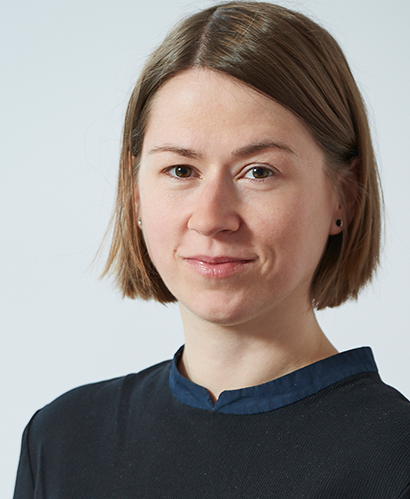Celeste Kidd
Resident
Celeste Kidd’s lab at UC Berkeley (The Kidd Lab) is one of few in the world that combine technologically sophisticated behavioral experiments with computational models in order to broadly understand knowledge acquisition, learning, and belief formation. The lab employs a range of methods, including eye-tracking and touchscreen testing with human infants, in order to show how learners sample information from their environment and build knowledge gradually over time.
Celeste’s work has been published in PNAS, Neuron, Psychological Science, Developmental Science, and elsewhere. Her work on ethics in AI and tech has been featured in opening keynotes at NeurIPS and the World AI Summit, as well as an X Tech Talk. Her lab has received funding from NSF, DARPA, Google, the Jacobs Foundation, the Human Frontiers Science Program, the Templeton Foundation, and the Hellman Foundation. She is a recipient of the American Psychological Science Rising Star designation, a 2021 Janet Taylor Spence Award for transformative early career contributions to psychology, the Glushko Dissertation Prize in Cognitive Science, and the Cognitive Science Society Computational Modeling Prize in Perception/Action.
Celeste is Assistant Professor of Psychology at the University of California, Berkeley as well as affiliated faculty with the Berkeley Center for New Media, which has funded her work on how technology impacts human beliefs. Kidd was named as one of TIME Magazines 2017 Persons of the Year as one of the “Silence Breakers” for her advocacy for greater equality, diversity, and inclusion in higher education.
